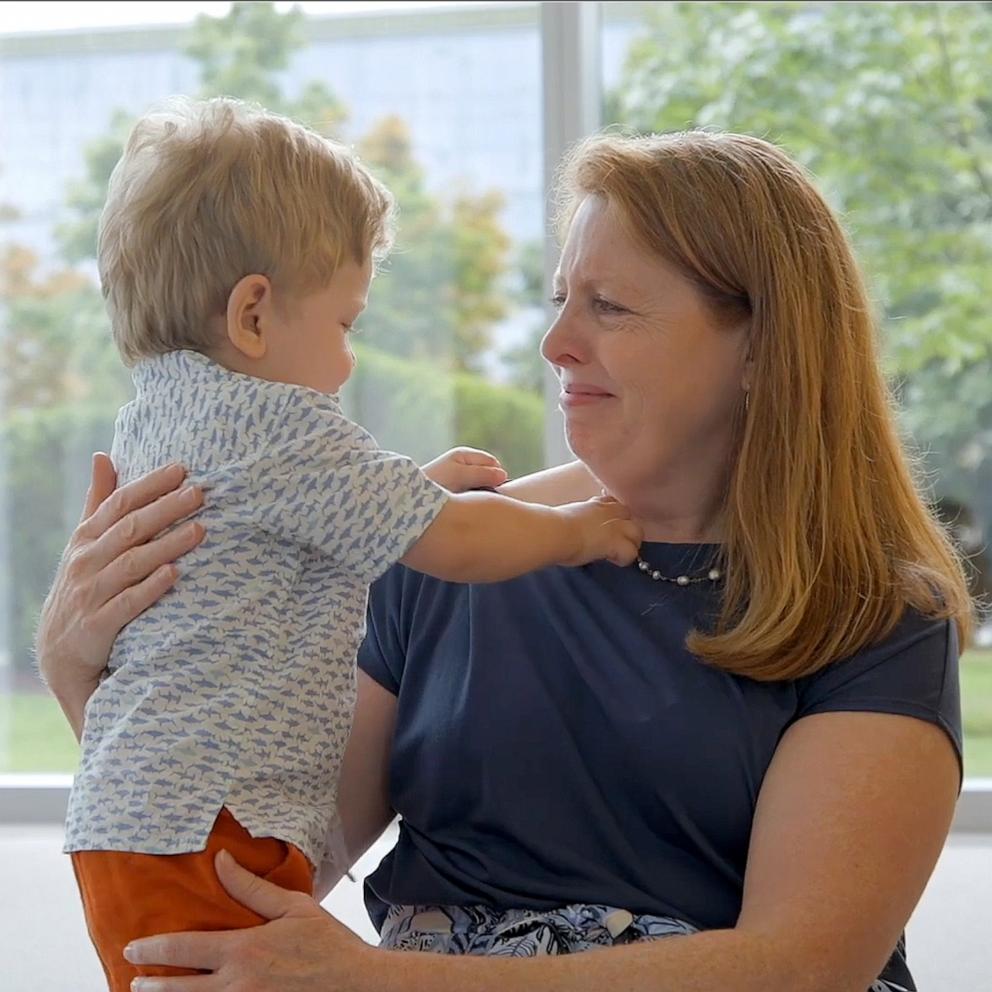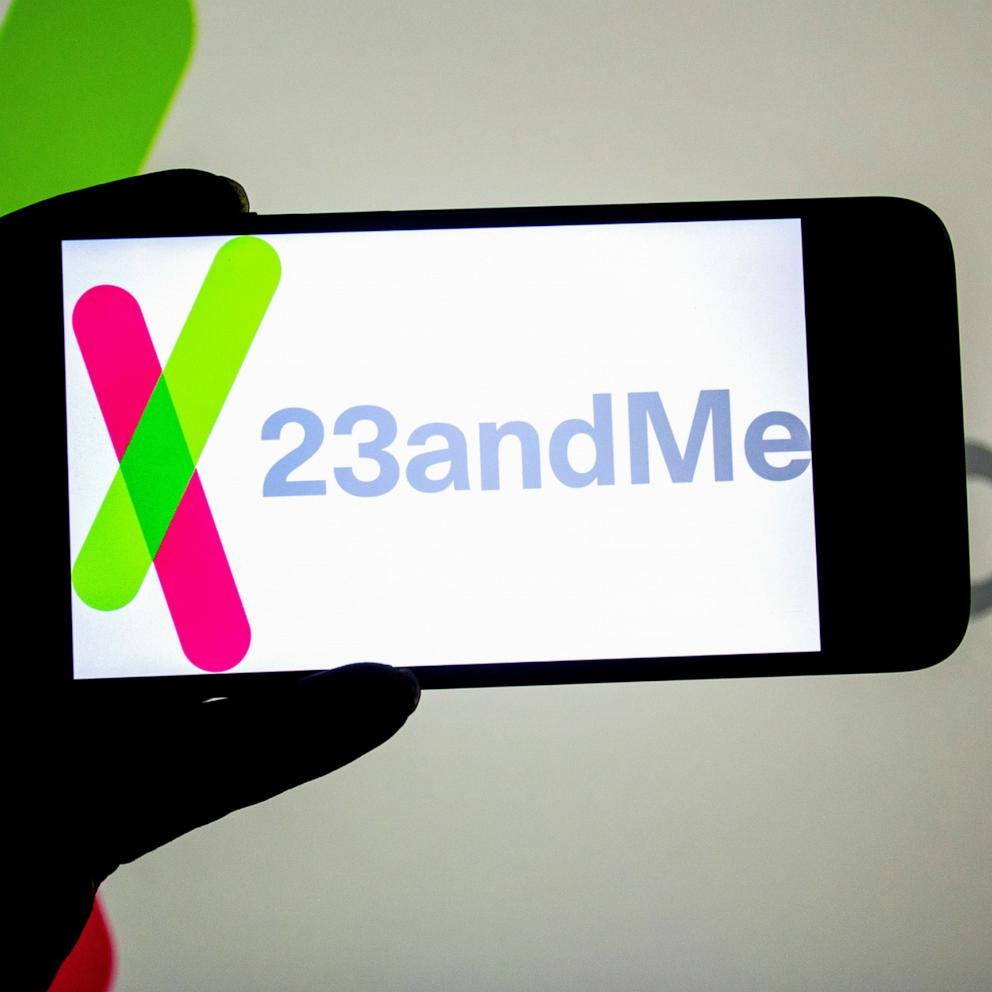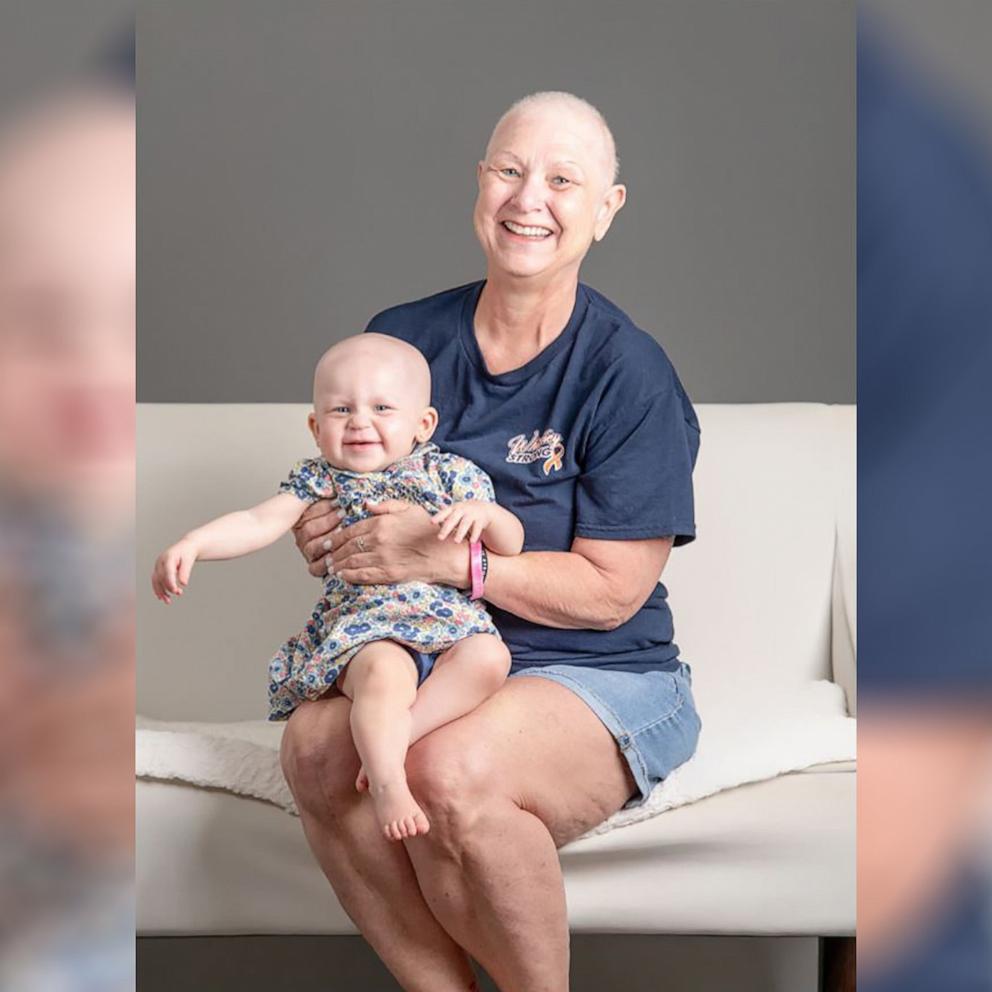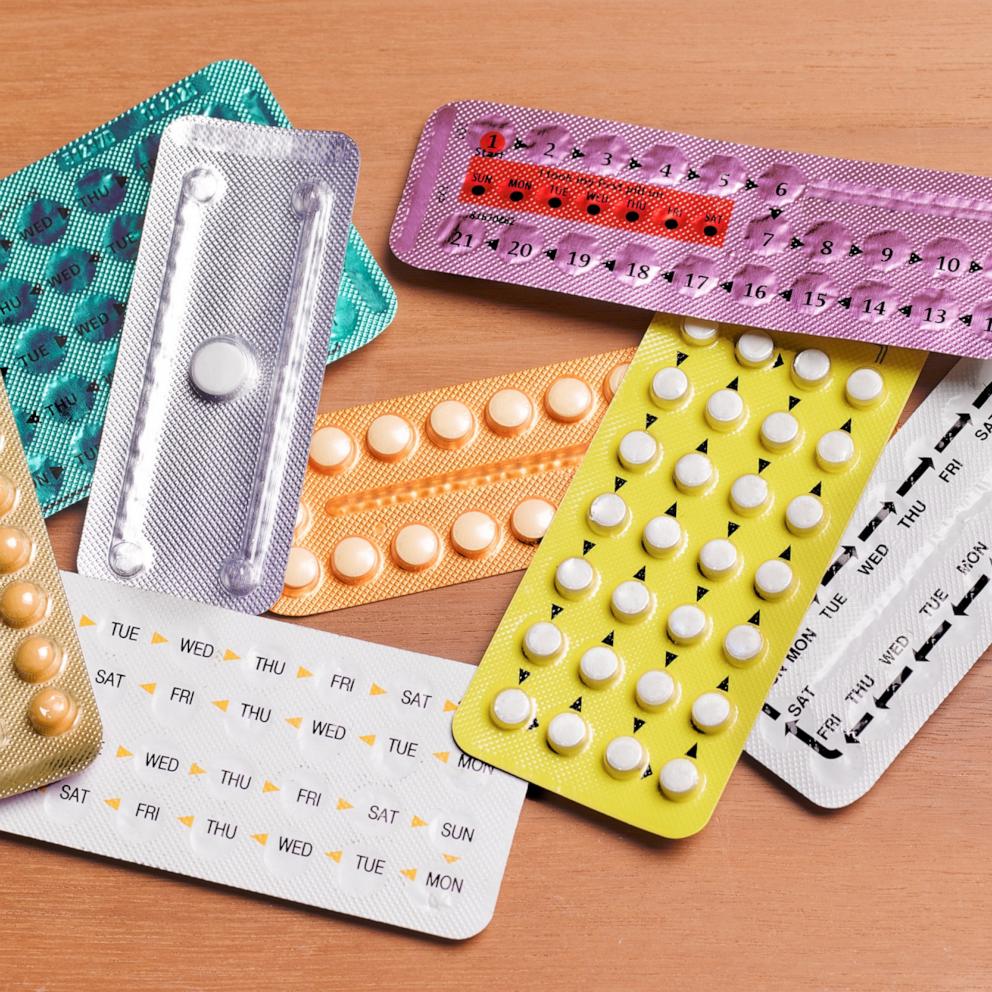Cancer survivor says dream of becoming a mom on hold after Alabama IVF ruling
A woman who froze her eggs after being diagnosed with breast cancer said she is now stuck in limbo waiting to see if she can transfer her frozen embryos out of Alabama in order to fulfill her dream of becoming a mother.
Harper-Grace Niedermeyer, an Alabama native, was living in Birmingham when she was diagnosed with Stage 2 breast cancer six years ago, at the age of 27.
Niedermeyer, now 33, said doctors told her nearly immediately after her diagnosis that if she wanted the chance to give birth one day, she would need to freeze her eggs, a process that involves collection, freezing and storage of a woman's eggs with the intention to use at a later time for pregnancy.
Having already experienced the deaths of both her father and her brother, Niedermeyer told ABC News she "desperately" hoped to have children of her own one day, and so quickly began the egg freezing process through the University of Alabama at Birmingham health system.
"I did my egg retrieval on the same day that I got my port placed [for chemotherapy]," said Niedermeyer. "And then two days later, I came back and got my first ovarian suppression shot and started my chemotherapy."

Through a mastectomy surgery and 16 rounds of chemotherapy, Niedermeyer said it was knowing that she had the potential to carry a pregnancy and give birth one day that kept her going.
"I'd lost most of my family, so going through the process of being able to potentially have that and save that, it kept me going through my cancer journey," she said. "I remember writing my doctor at UAB a note after my egg retrieval process like, 'Thank you so much. You don't know how much you just gave me.'"
At the end of her egg preservation journey, Niedermeyer said she had five frozen embryos and 11 frozen eggs kept in storage with the UAB health system.

Earlier this month, Niedermeyer, who now lives in Tennessee, said she reached out to the health system to schedule an appointment to start the process of in vitro fertilization, or IVF.
Shortly after leaving a message to set up an appointment, Niedermeyer said she learned of the Alabama Supreme Court's ruling that frozen embryos can be considered children under state law.

Within days of the ruling, roughly half of Alabama's IVF providers -- including the UAB health system -- paused IVF procedures, with many citing legal concerns, including the potential for wrongful death lawsuits or potential criminal charges for discarding unused embryos, a routine part of IVF.
"We are saddened that this will impact our patients' attempt to have a baby through I.V.F.," the UAB health system said in its statement announcing the pause. "But we must evaluate the potential that our patients and our physicians could be prosecuted criminally or face punitive damages for following the standard of care for I.V.F. treatments."
In the IVF process, ovulation is induced and eggs are removed from a patient's ovaries. The eggs are then fertilized with sperm outside of the body, and the resulting successful embryos are either placed in the patient's uterus in the hope of pregnancy or are stored in a laboratory for future use, according to the American College of Obstetricians and Gynecologists.
In its ruling last week, the Alabama Supreme Court said that frozen embryos qualify as people under state law. In the unprecedented decision, the state's highest court ruled that "unborn children are 'children' … without exception based on developmental stage, physical location, or any other ancillary characteristics."

The case on which the court ruled involved two couples who sued a patient who had managed to access the freezer that stored frozen embryos at an Alabama fertility clinic. The patient picked up multiple embryos and accidentally dropped and destroyed them. The high court ruled that the patient could be held liable in a wrongful death lawsuit.
Niedermeyer said that she does not consider her five frozen embryos as children, adding that they are simply her hope to one day have children.
"I can't bring them home. I can't provide love to them and they can't provide love to me. They're just cells, right," she said. "But what they also are, they're hope that I can have a child. They're an opportunity to have to have a family, but they're not children."
On Thursday, the Alabama House of Representatives and Senate passed legislation to restore access to IVF, completing a step in a process that is ultimately expected to finish up late next week with Gov. Kay Ivey signing the bill into law.
The legislation, if enacted, would provide civil and criminal immunity "for death or damage" to an embryo as part of IVF services.
Doctors at the clinics that have paused treatments have told ABC News the language being considered will give them enough reassurance to resume IVF without facing legal risks.
Niedermeyer said she plans to continue to see if she can transfer her embryos to another state where she could start the IVF process immediately.

She said she is concerned though that what happened in Alabama could happen in another state.
The legality of infertility treatments, including IVF, has been a concern across the country since 2022, when the U.S. Supreme Court overturned Roe v. Wade, giving power back to states to decide whether or not abortion is legal.
Since the Supreme Court's decision, a total of 16 states have ceased nearly all abortion services, including Alabama, where the procedure is banned in most circumstances. In Tennessee, where Niedermeyer now lives, abortion is also banned in most circumstances.
And four states – Georgia, Alabama, Missouri and Arizona – have laws on the books that define fetuses as people, which could lay the groundwork for IVF consequences like it did in Alabama. One dozen other states have fetal personhood bills moving through their legislature, according to the Center for Reproductive Rights.
"I would like to be able to use my embryos, but it is hard for me to make a decision as to if I were be able to move them, where I would move them, and if it wouldn't turn out that I would just have to turn around and move them somewhere else again," Niedermeyer said. "So yes, I would like to use them. It's a very loaded question as to even where I could or where I would feel comfortable doing that."







